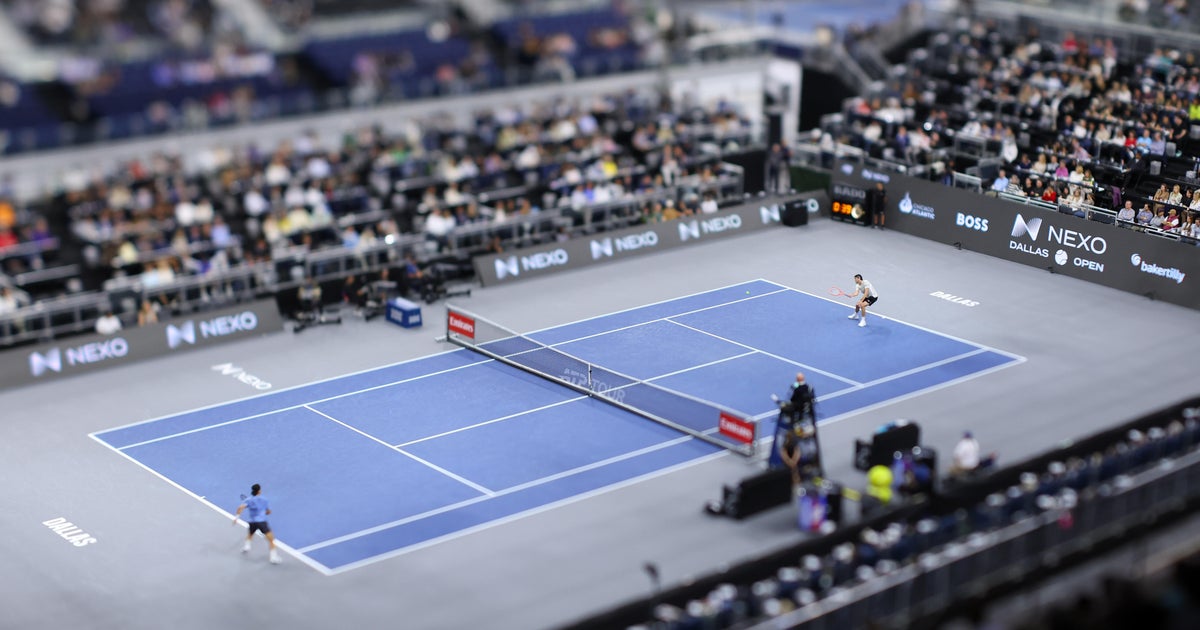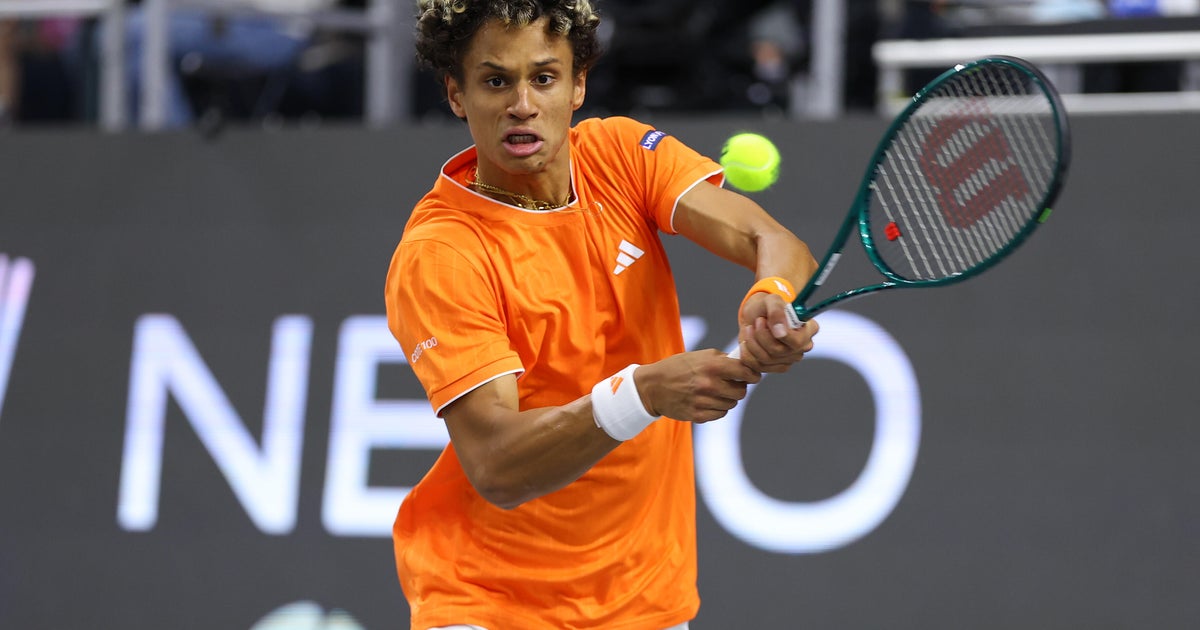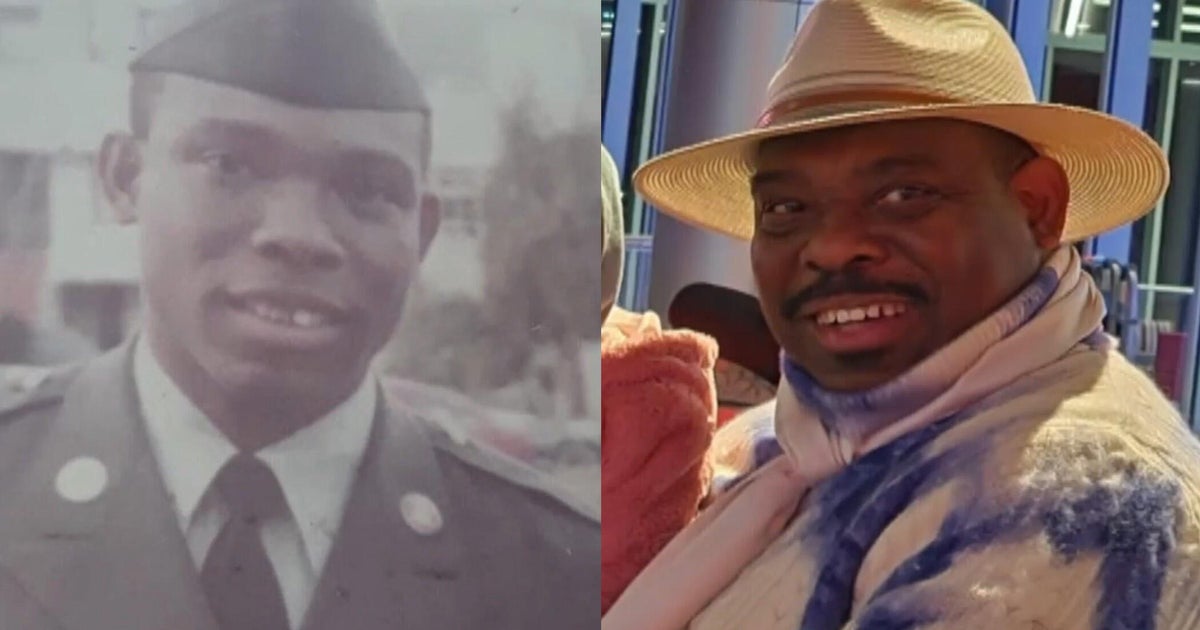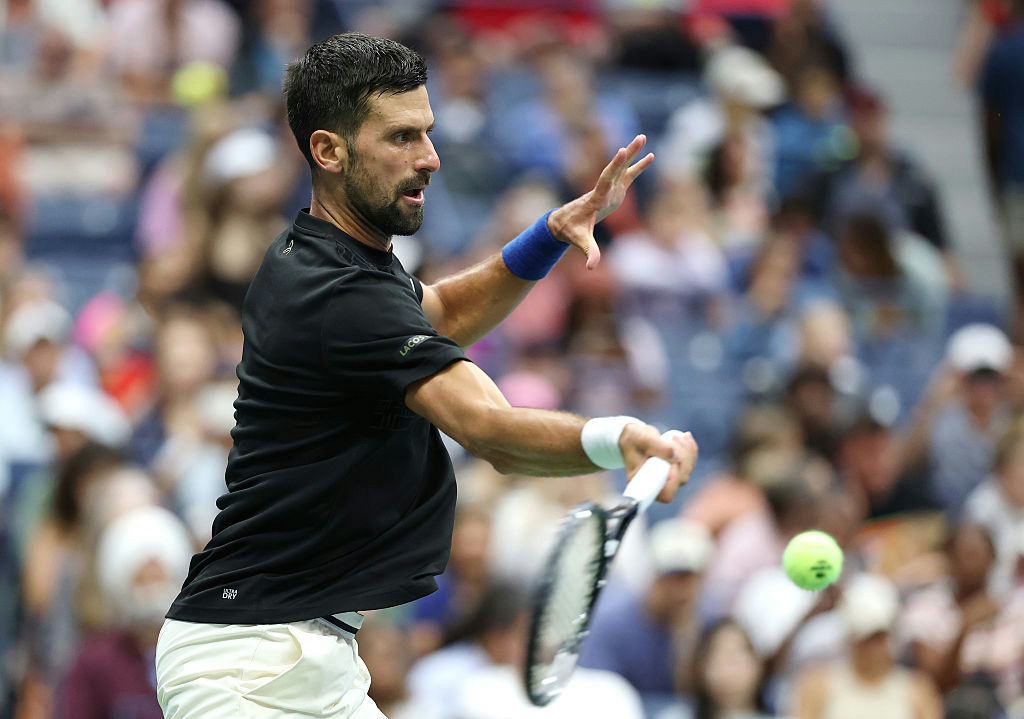Djokovic included in Australian Open draw despite COVID-related visa uncertainty
Melbourne, Australia — Novak Djokovic remained in limbo even after he was included in the draw for the Australian Open on Thursday, as the world's top-ranked men's tennis player awaited a government decision on whether to deport him for not being vaccinated against COVID-19.
The stakes are particularly high since he's seeking a men's record 21st Grand Slam singles title.
Despite the cloud hanging over Djokovic's ability to compete, Australian Open organizers included the tournament's top seed in the draw. He's slated to play fellow Serb Miomir Kecmanovic, who's ranked No. 78 in the world, in the opening round next week.
Djokovic's visa was canceled after he arrived in Melbourne last week when his vaccination exemption was rejected, but he won a legal battle on procedural grounds Monday that allowed him to stay in the country.
Immigration Minister Alex Hawke has been considering whether to deport Djokovic since Monday's court ruling.
Expectations of a pending decision were raised when Prime Minister Scott Morrison called an afternoon news conference after a national Cabinet meeting. Speculation heightened when the tournament draw was postponed by 75 minutes to a time after Morrison's news conference.
The wait continued after both events concluded, with Morrison referring questions on Djokovic to his immigration minister.
"These are personal ministerial powers able to be exercised by Minister Hawke and I don't propose to make any further comment at this time," Morrison said.
Australian Open tournament director Craig Tiley also declined comment after the draw ceremony for the tournament, which starts Monday.
Agence France-Presse reports that Melbourne's Herald Sun newspaper is citing an unnamed government source as saying that letting Djokovic remain in Australia without being vaccinated would set a dangerous precedent.
Addressing the controversy
The 34-year-old Djokovic has been trying to focus his attention on the playing court in the four days since he was released from immigration detention. He held a practice session at Rod Laver Arena, his fourth this week, in the mid-afternoon.
He was on the practice court Wednesday when a statement posted on his social media accounts acknowledged that his Australian travel declaration form contained incorrect information.
In the statement, Djokovic blamed "human error" by his support team for failing to declare that he had traveled in the two-week period before entering Australia.
Giving false information on the form could be grounds for deportation. That could result in sanctions ranging up to a three-year ban from entering Australia, a daunting prospect for a player who's won almost half of his 20 Grand Slam singles titles here.
Djokovic acknowledged the lapses when he sought to clarify what he called "continuing misinformation" about his movements after he became infected last month. It also raised questions about his public appearances in Serbia last month, particularly a media interview he attended despite knowing he was positive.
The bigger picture
It was another twist in a saga over whether the athlete should be allowed stay in Australia despite not being vaccinated – itself part of a larger, worldwide debate over the rights of the unvaccinated.
The initial news that Djokovic was granted an exemption to strict vaccination rules to enter the country provoked an outcry and the ensuing dispute has since overshadowed the lead-up to the Open.
Deputy Prime Minister Barnaby Joyce said most Australians disapproved of the nine-time and defending Australian Open champion coming to Melbourne to compete in breach of the nation's tough pandemic quarantine rules.
"Most of us thought because Mr. Djokovic hadn't been vaxxed twice that he would be asked to leave," Joyce said. "Well, that was our view, but it wasn't the court's view."
"The vast majority of Australians ... didn't like the idea that another individual, whether they're a tennis player or ... the king of Spain or the Queen of England, can come up here and have a different set of rules to what everybody else has to deal with," Joyce added.
Morrison is running for re-election and his government's handling of the Djokovic visa situation has, in some quarters, tarnished what had been general praise for its tough stand on border security during – and before the pandemic.




